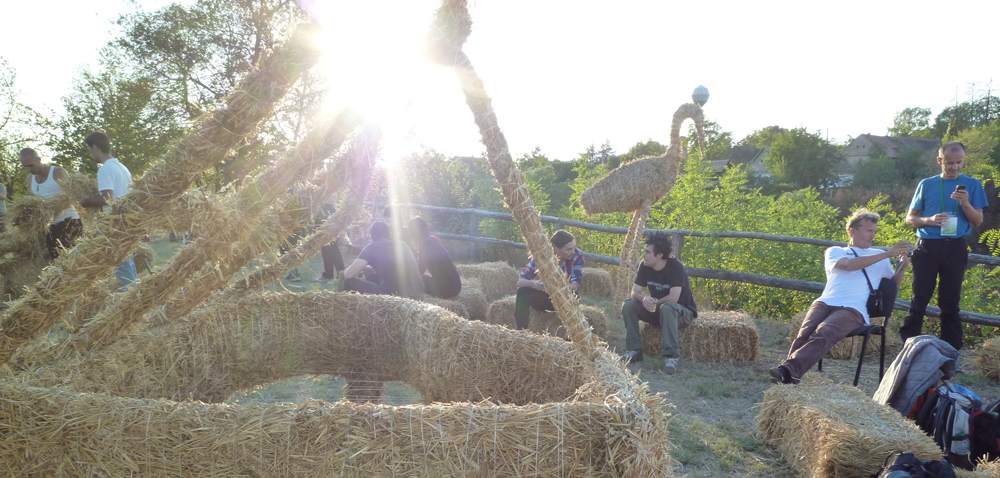Drömmar och Skratt!
Drömmar och skratt ett projekt för barn på flykt! Jag var på kulturnatten i Norrköping och då var ”clowner utan gränser” där, hon berättade om ett projekt de ska börja jobba med och jag tycker det var inspirerade att höra om! Ta hand om er och alla medmänniskor!

24 sept: Intryck från resa till Kroatien
I förra veckan var jag och Hannah inbjudna till en mindre konferens i Osijek, i östra Kroatien, för att berätta om exempel på samhällsentreprenörskap i Malmö och Sverige. Själva konferensen hölls en dag och var en del av en lokal kulturfest – Panona Fest – med fokus på ekoturism och en starkare lokal ekonomi. Internationellt…
Skissvisning i Malmö med Förorten i centrum
Läs mer om verksamheten på http://www.forortenicentrum.org/
Every Little Helps
Under sommaren spenderade jag en längre tid i Kosovo, där jag arbetade bland annat med diskriminering av etniska grupper, hjälparbete i en liten by utanför Pristina som lider utav många problem se nedan. På den positiva sidan är att det finns många hjälporganisationer som försöker förändra detta med olika och enkla medel som till exempel…